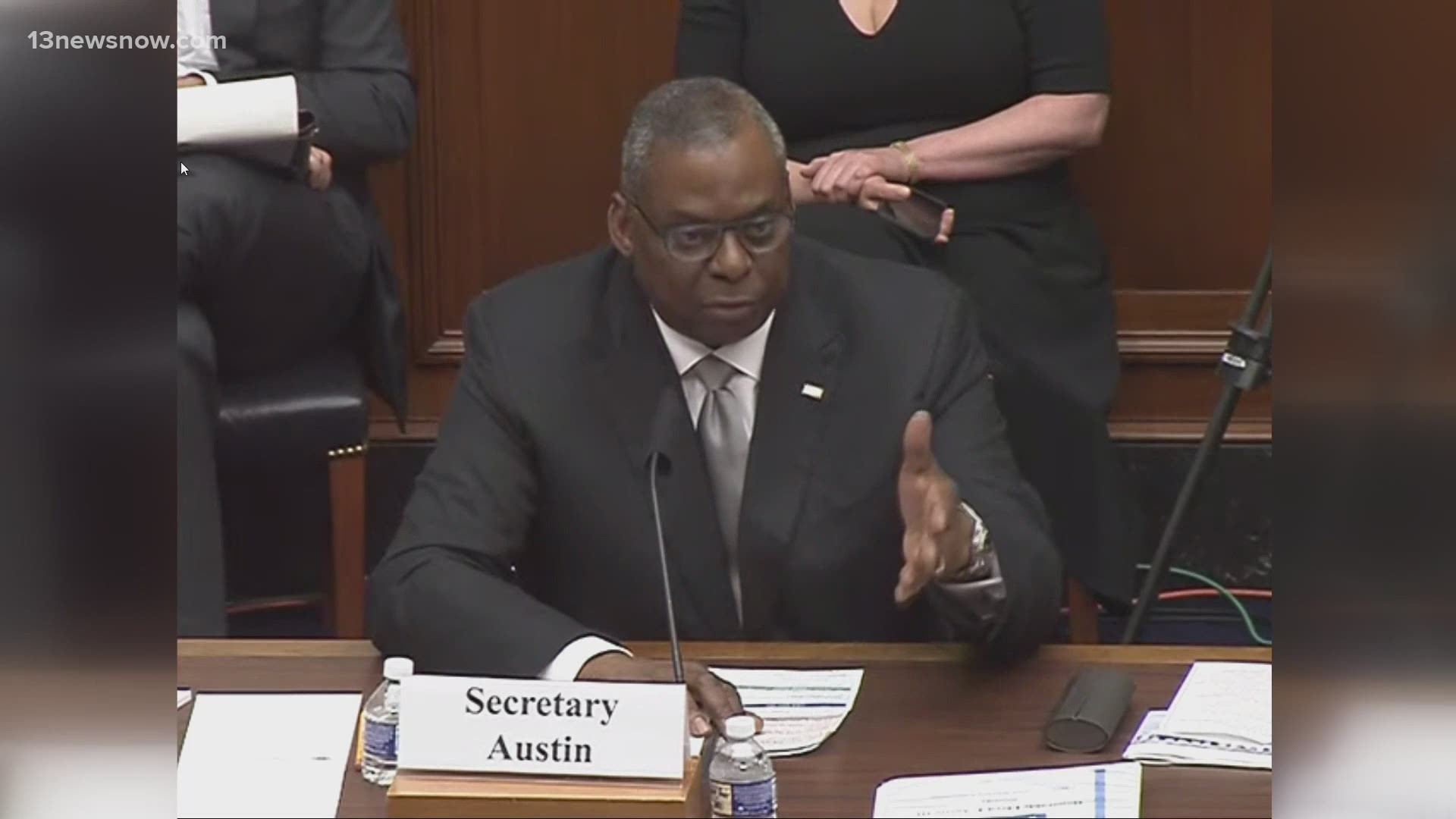WASHINGTON — This week, for the first time, Defense Secretary Lloyd Austin, said he will support long-debated changes to the military justice system that would remove decisions on prosecuting sexual assault cases from military commanders.
The Chairman of the Joint Chiefs of Staff, General Mark Milley, concurred, saying that sexual assault needs to be dealt with in a new way.
"Because the data shows we've haven't moved the needle to solve that problem," he said. "It's a very significant problem for cohesion of the forces. And we've lost the trust and the confidence of the lower ranking troops in it."
The leaders' remarks came as momentum built on Capitol Hill to force their hand.
New York Senator Kirsten Gillibrand's bill would put decisions about how to handle serious crimes, like rape, in the hands of independent military prosecutors.
Her Military Justice Improvement and Increasing Prevention Act has a veto-proof majority — more than 60 supporters in the Senate — Democrats and Republicans alike.
But, a key Democrat — Rhode Island Senator Jack Reed, the chairman of the Senate Armed Services Committee — is blocking a quick vote, wanting the legislation to go through the traditional committee process instead.
Senate Armed Services Committee member Tim Kaine, a Democrat from Virginia, said the time to act on sexual assault in the military is long past due.
"Well, the sad reality is, in the eight years since my first Defense Authorizing bill, we haven't moved the needle in a way that anybody can be proud of," Kaine said.
The most recent report from the Department of Defense estimated that almost 21,000 service members were sexually assaulted in 2018.
And, this week, Speaker Nancy Pelosi vowed to bring the legislation up for a vote in the House, where she said it will pass.

